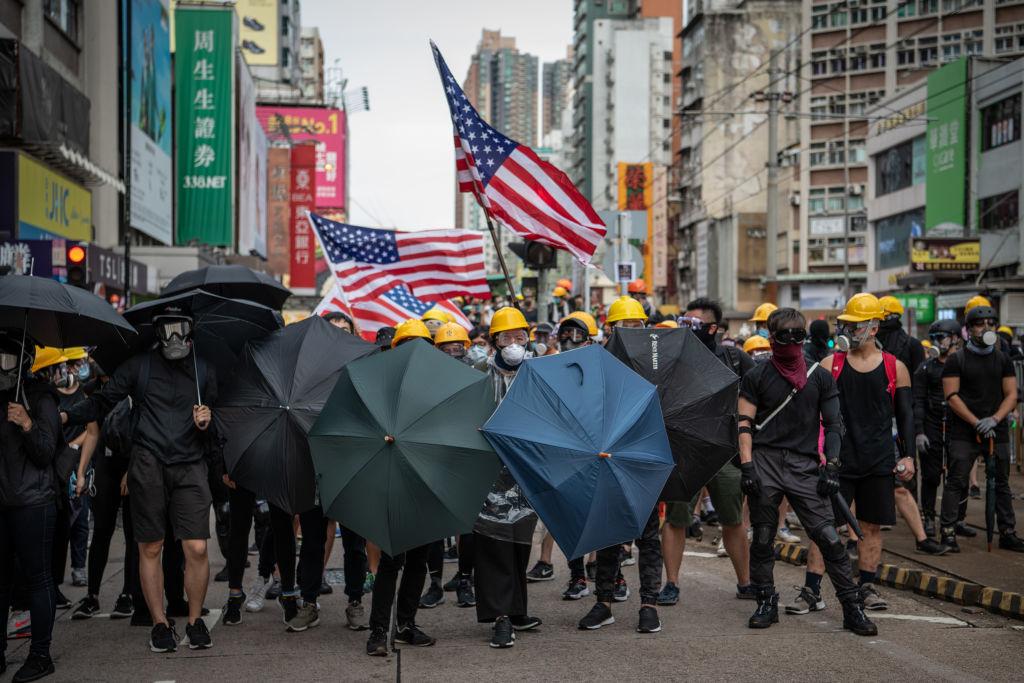In recent days, U.S. officials have stepped up their support for Hongkongers protesting their government for refusing to scrap a controversial extradition bill that they view as undermining the city’s autonomy.
The reactions came after the Hong Kong and Macau Affairs Office, Beijing’s highest-level agency for managing the city’s affairs, held a rare conference in Beijing on July 29, the first of its kind since 1997, when Hong Kong was transferred from British to Chinese rule.





